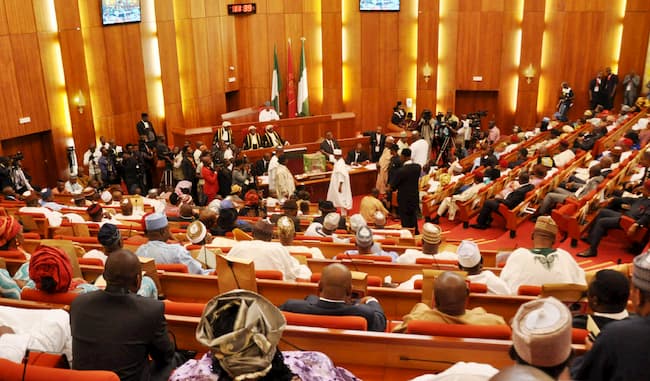The House of Representatives has taken steps to address the rising cost of cement in Nigeria by summoning major cement manufacturers, including Dangote Cement and BUA Cement, for discussions on potential solutions to the issue.
This decision came after the adoption of a motion titled “Arbitrary Increase in the Price of Cement by Manufacturers of Cement in Nigeria,” during Wednesday’s plenary session. The motion, moved by Gaza Gbefwi, representing Karu/Keffi/Kokona Federal Constituency in Nasarawa State, and Ademorin Kuye, representing Shomolu Federal Constituency in Lagos State, highlighted the adverse effects of the cement price hike on construction costs, building block prices, and rental rates nationwide.
Gbefwi argued that despite stable prices of raw materials used in cement production, such as lime, silica, alumina, iron oxide, and gypsum, sourced locally, cement prices have been rising consistently. He pointed out that this increase has been attributed to the exchange rate volatility, leading to undue hardship for Nigerians.
During the session, Yusuf Gagdi, representing Kanke/Pankshin/Kanam Federal Constituency in Plateau State, questioned why Nigerians were continually subjected to rising cement prices, especially considering Nigeria’s status as a significant market for cement. He emphasized the need for urgent action to address the situation, suggesting that mass importation of cement could help stabilize prices.
Similarly, George Ozodinobi, the Deputy Minority Whip of the House representing Njikoka/Dunukofia/Anaocha Federal Constituency in Anambra State, proposed opening up the floodgate for cement importation to drive down prices. He recalled past instances where cement importation led to a significant reduction in prices, advocating for a similar approach to alleviate the burden on consumers.
However, Sada Soli and Babajimi Benson, both members of the House, cautioned against hasty decisions, highlighting the complexities involved in determining product prices. Soli emphasized the need to support cement manufacturers, considering Nigeria’s status as a net exporter of cement to other African countries.
Following the adoption of the motion, the House summoned cement manufacturers to a sectoral debate to discuss the arbitrary increase in cement prices. Additionally, the House mandated relevant committees to investigate the price hike and report back within four weeks for further legislative action.
Meanwhile, the Federal Government addressed concerns about the recent cement price hike, attributing it to rising production costs rather than the concrete road policy. Minister of Works, Dave Umahi, clarified that the policy shift towards concrete roads was not intended to phase out asphalt roads but to provide alternatives for specific conditions. He emphasized the government’s commitment to reducing cement prices through incentives and dialogue with cement manufacturers. Additionally, the Federal Executive Council approved additional funding for infrastructure projects, including the dualisation of the Obajana-Benin Road, to improve transportation infrastructure across the country.













